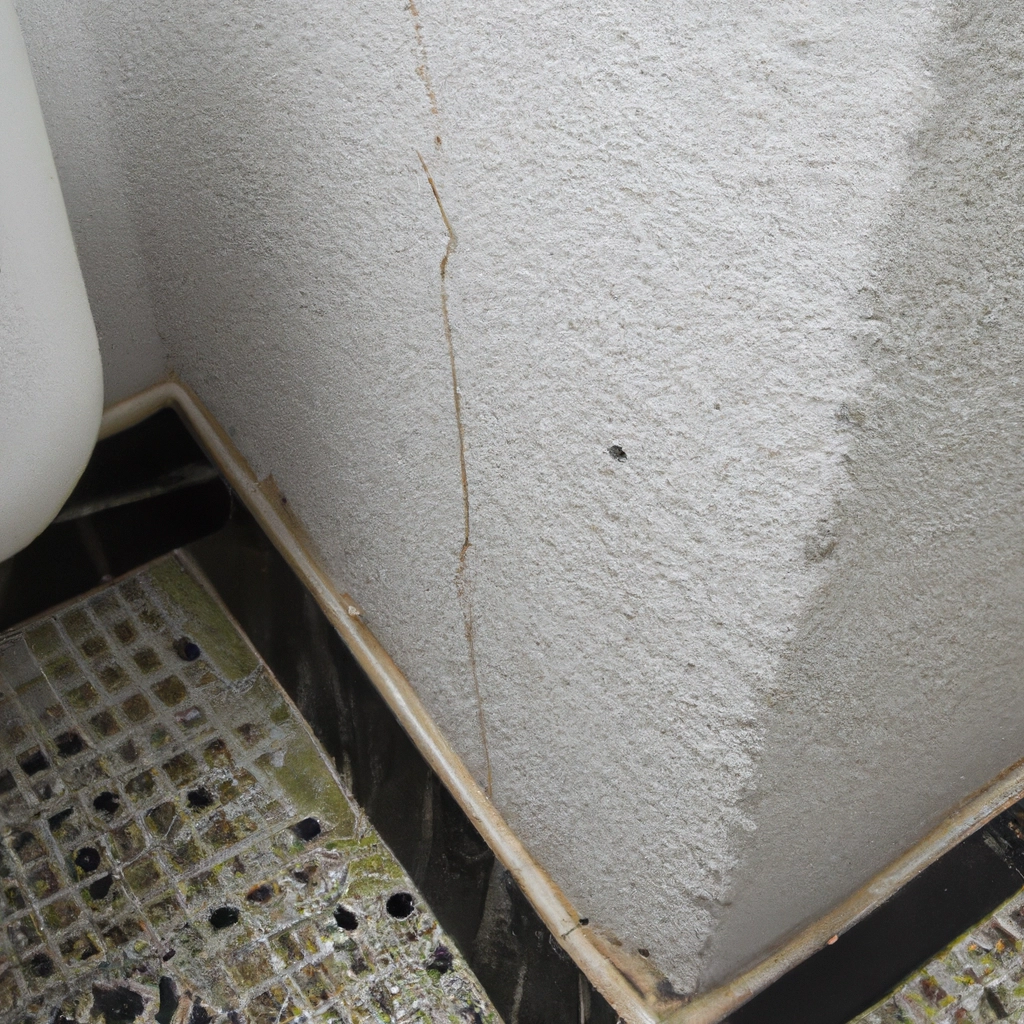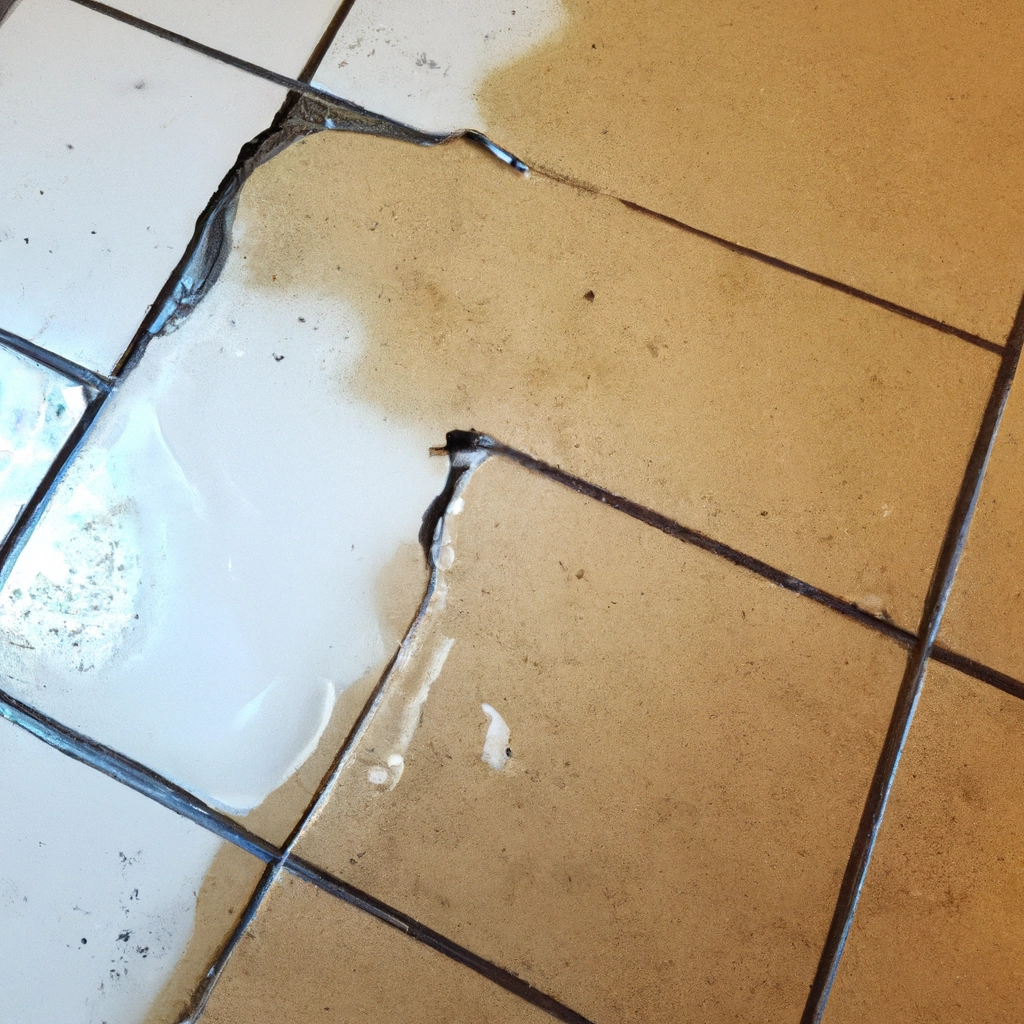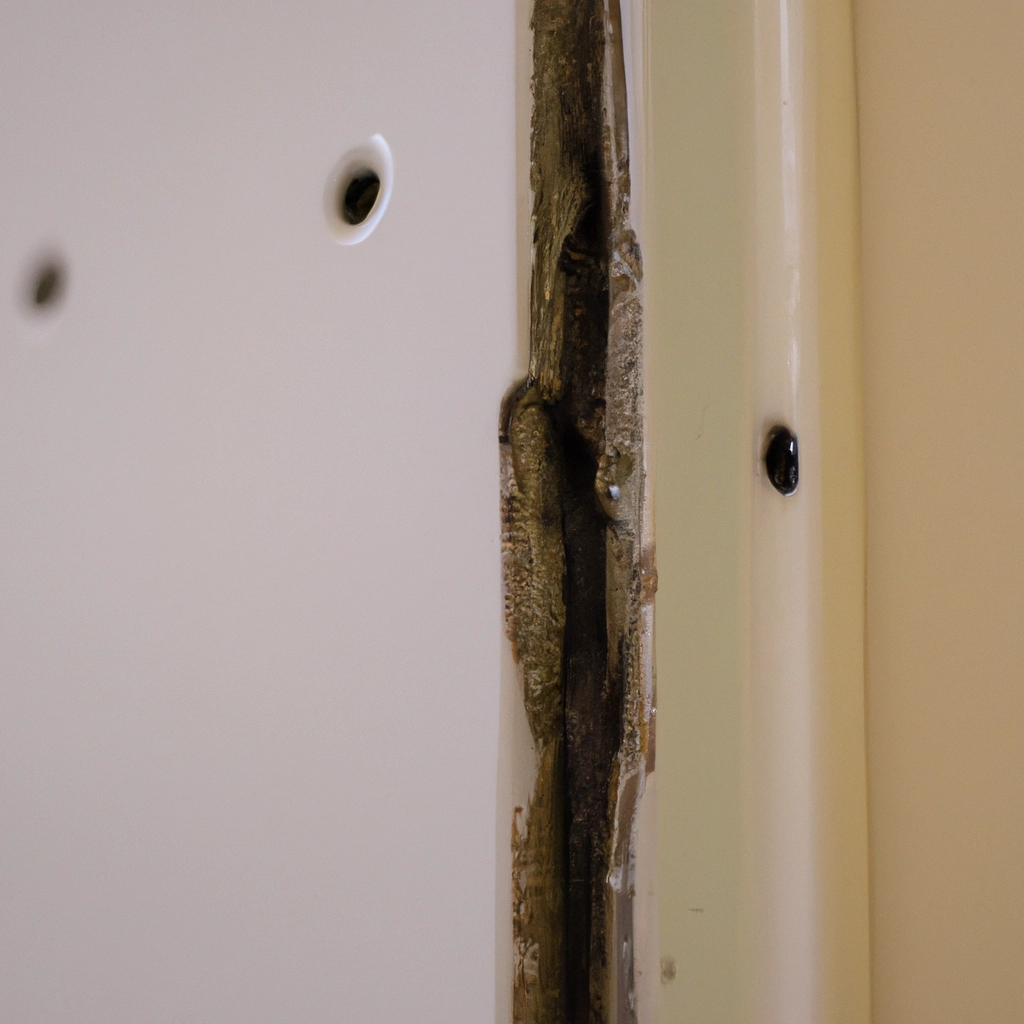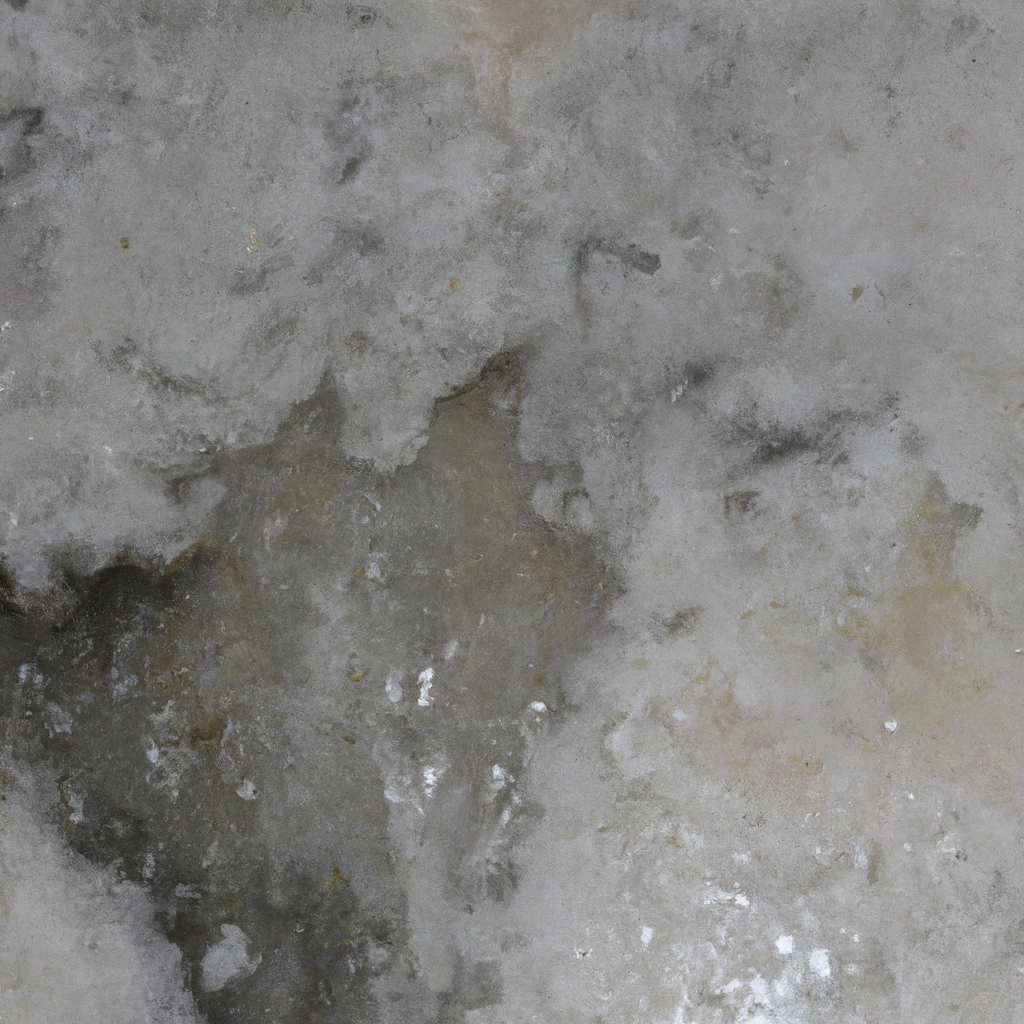

Ah, quartz, the sturdy darling of the stone world. Whether you’re admiring a sleek countertop or sporting a sparkling gem on your wrist, it’s hard not to be impressed by its resilience and beauty. But toss in some boiling water and watch many a homemaker gasp in horror. I’ve been there myself, eyeing my quartz surfaces with a mix of affection and concern, wondering if they can take the heat… literally. Understanding the relationship between boiling water and quartz isn’t just chemistry; it’s caring for your cherished investments.
I remember the first time I hovered a kettle over my quartz countertop, the steam swirling like a suspenseful fog in a thriller. Could this lead to an inadvertent act of kitchen sabotage? That’s the question we’re going to dive into because when it comes to beloved quartz, we can’t just shrug off the hot stuff.
Today we’re not only exploring the chemistry and physics at play but also sprinkling in some invaluable kitchen wisdom to keep your quartz companions looking pristine, even when life turns up the heat.
What is Quartz?
For starters, quartz is the second most abundant mineral in the world — Mother Nature’s very own bling. This illustrious mineral can be found in a rainbow of colors and has made its way into millions of hearts and homes. It’s not only prized for its aesthetic appeal but also for its admirable durability, which is why you’ll spot it gracing both the floors of airports and the faces of watches.
Quartz is a go-to for kitchen and bathroom countertops because it withstands scratches and stains like a champion. Plus, it doesn’t demand the same red-carpet treatment that some other surfaces do. But when it comes to heat, especially the kind that rides shotgun with boiling water, does quartz continue to hold the fort?
Many homeowners ponder if hot water encounters could leave their quartz surfaces flustered. Whether you’re sterilizing a baby bottle or just fighting off the remains of that hearty spaghetti night, the temptation to use boiling water is as real as your love for a spot-free kitchen. Let’s pour out the facts.
The Effects of Boiling Water on Quartz
I took matters into my own hands with a little experiment. There I was, armed with a pot of boiling water and a sliver of quartz, ready to play scientist in my otherwise calm kitchen. Spoiler alert: The quartz took it like a champ, at least initially. But when it comes to your precious quartz installations, there’s more to the story.
Research supports the notion that quartz can indeed hold its own against high temperatures, thanks to its crystalline structure. It’s not a superhero, though; expose it to sudden and extreme temperature changes, and even quartz can show signs of stress, such as cracking or discoloration. This is due to something called thermal shock — the archenemy of stable minerals everywhere.
Repeatedly subjecting your quartz to boiling water can ruffle its composure over time, despite its formidable nature. The potential for damage rests in the sudden change of temperature rather than the boiling water itself. In other words, taking your quartz from zero to hot in a split second is not the kindest way to treat it.
Tips for Safely Using Quartz with Boiling Water
So, if you must mix quartz and boiling water, here’s my nugget of advice: do it with a touch of grace. Cleaning quartz with hot water is possible, but you’ll want to let your tap water heat up gradually rather than going straight for the boiling pot. It’s like getting into a hot bath — toe first, folks!
When dealing with high-temperature scenarios, it’s wise to reach for a trivet or a hot pad to act as a buffer between your quartz and that steaming pot of goodness. And remember, a gentle soap with lukewarm water often vanquishes most of the kitchen combatants you’ll face without exposing your quartz to temperature trauma.
There are ways to sidestep using boiling water altogether for your quartz care. Specialized quartz cleaners are available that can manage messes and microbes without the risky business of heat. I learned to lean on these gentle warriors to ensure my quartz stays in tip-top shape.
Conclusion
We’ve bobbed and weaved through the scalding question of whether hot water is the arch-nemesis of quartz. In short, while quartz can take a lot, it prefers a life less scorching. Treat it gently, and it’ll gleam back at you for years to come. It’s a stone that serves you well, asking for only a smidge of consideration in return when the kettle’s on.
Through my intrepid experimentations and speaking with seasoned experts, I’ve come to value the resilience of quartz when faced with normal kitchen predicaments. That said, when it comes to dealing with extreme temperatures, it’s all about that gradual, loving care.
And if you’re keen on getting deep into the nitty-gritty of quartz and its many wonders, maybe explore how this stellar stone fares under various conditions. Until then, brew, boil, and broil with care, my friends. Your quartz will thank you by standing the test of time and temperature — just not at warp speed.

